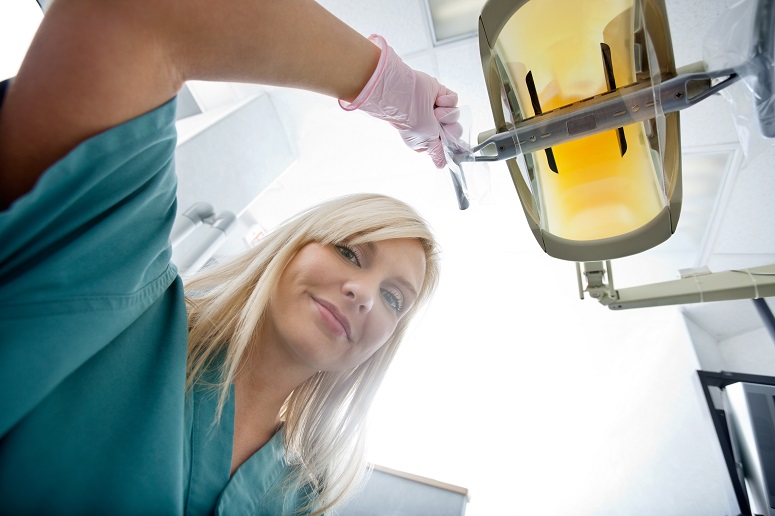When you start your dental career as a dental assistant, you have various paths you can take to move your dental career forward. Whether you decide to move towards the business side of the dental industry or to advance your career on the clinical side, as a dental assistant, you have the room to choose where you can go.
If you are interested in advancing your dental career from the clinical prospect, then you might want to consider becoming a dental hygienist. Even though you will not be a dentist or dental specialist, you will gain more responsibility as a hygienist and allows you to pace yourself to become a dentist, if you choose. So, what can you expect?
Dental Hygienist
Although a dental assistant and hygienist can seem similar, their positions differ from one another. Dental hygienist responsibilities can vary from the state since each state sets their regulations of what they can offer legally, but overall hygienist works closely with the dentist to meet and treat their patient’s oral health needs.
Their duties and responsibilities can vary depending on where you plan to practice, but you can expect to do some of the following
- Perform preliminary exams and screening procedures.
- Take dental x-rays and develop them.
- Document dental care and treatment plans on patient’s chart.
- Remove and clean stains, plaque, and tartar from teeth.
- Apply preventative material on the teeth.
- Make impressions of patient’s teeth.
- Educate patients on oral hygiene strategies and how diet affects our oral health.
- Perform office management activities.
These are just some of the few responsibilities you can expect when you become a hygienist. Again, it is dependent on the state in which you decide to practice that will determine what your duties will be. You can expect to spend more time with patients than as a dental assistant, so having excellent communication skills and compassion is a plus.
Becoming a Hygienist
You will need to go back to school to become a hygienist. Depending on your state’s requirements, you might need to have an associate degree or a bachelor’s degree. Verify with state regulations before applying in any dental hygienist program and that it is from an accredited dental hygiene school.
The most common level of education you need to be a hygienist is an associate degree, but you can be asked to have a higher education level. To look for accredited programs, you can check out the American Dental Association website for a program.
Besides having an education, you will need a license from your state to practice. After completion of your program, you will be required to pass a written and clinical exam to get a license. Again, check with your state for specific requirements.
The Perks
As you advance your clinical career, you become more independent in the work you do with the patients. Experience working with your patients more as you take care of their oral health needs and an independent worker by becoming a hygienist. Plus you get the perks of having a
- Flexible schedule (work full-time, part-time, on weekends, or for multiple practices).
- Competitive salary
- Growth in employment
According to the Bureau of Labor Statistics, the employment growth for a dental hygienist is projected to grow 20 percent from 2016 to 2026, which is higher than most occupations. Depending on the state you practice, employment and average wage can vary so, you want to research the employment prospects by state.
If you are not ready to enter into a three-year program, consider starting your dental career as a dental assistant. You can become a dental assistant in 12-weeks or less than six months. At The Core Foundation, we have both an on-site and online program for Dental Assisting. To learn more about our program, check out our Dental Assisting page.







